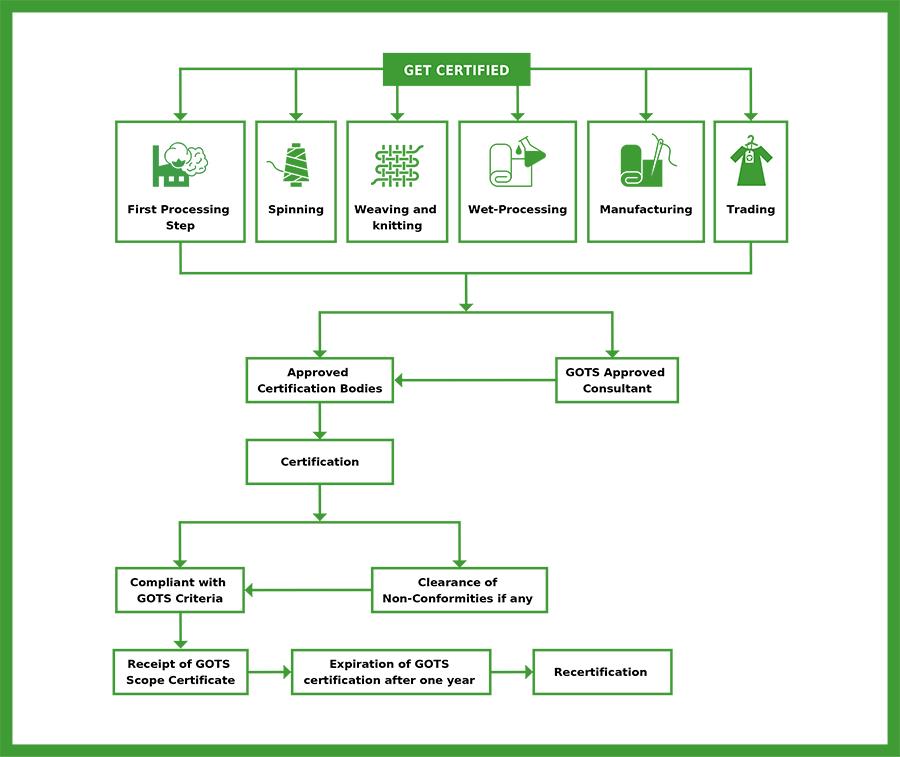
Knowing about organic food certifications and standards helps you make informed choices about the food you eat. You can also use them to determine the sustainability of a product and its ingredients, as well as its origins.
The USDA sets specific requirements for farms, livestock and processing operations that must be met before a product can be certified as organic. These requirements include farming practices such as crop rotations and tillage, as well as livestock management practices.
IFOAM
IFOAM (International Federation of Organic Agriculture Movements) is the organisation that has set up international standards for organic food. It also works to increase the use of organic production around the world by implementing projects, offering advisory services, communicating the benefits of organics, and organizing events and award ceremonies.
IFOAM is a non-profit organization that aims to represent the global organic movement and promote and advocate for the wider adoption of organic farming practices. Their work is based on the principles of the Sustainable Development Goals, the International Basic Standards for Organic Production and Processing (IBS) and the nutrition-sensitive agriculture approach.
As one of the leading bodies in the world for agroecology and organic agriculture, IFOAM has a broad range of products to support national and local organic agriculture movements. These include capacity building (Organic Leadership Course and Training of Trainers) and organizational development; as well as information about policy and agri-food issues and a broad range of publications and resources for farmers, agroecologists, the private sector and policymakers.
USDA
The USDA regulates and enforces the National Organic Program (NOP) standards for agricultural products that are labeled with the word “organic.”
Under the federal organic regulations, all foods labeled as 100 percent organic, organic, or made with organic must be certified by a USDA accredited certifying agent. These standards apply to all stages of food production, handling and labeling.
To qualify for certification, producers and handlers must first create an organic system plan that outlines how they will comply with the standards. The plans are developed to reflect the specific characteristics of each operation.
Once an organic system plan is approved, a certifying agent does a comprehensive top-to-bottom inspection. These inspections differ by crop and livestock type, but they typically include a look at farm fields, soil conditions, approaches to managing weeds, crop health, water systems, storage areas and equipment.
A certifying agent may also inspect for compliance with certain requirements, such as animal living conditions, preventative health management practices (such as vaccinations) and recordkeeping. Any violations of these standards could result in fines and/or suspension or revocation of certification.
EU
The EU is the largest single market in the world and is a great place to find organic food. Its governing rules, called EU organic regulations, define a set of strict standards that differentiate organic from non-organic products.
The regulation covers the production, labelling and control of foods that are considered organic in the EU. It was first implemented in 1991 and has been updated regularly.
A product can only be labelled as organic if at least 95% of the agricultural ingredients are certified to be organic. In addition, it must comply with additional requirements outlined by the EU.
Among other things, it must be produced in accordance with environmental and labour standards that protect the health of the environment and people. It is also required to follow animal welfare guidelines.
The EU also has a private certification system driven by 22 large-scale retail chains in Europe, which are members of the Euro-Retailer Produce Association (EUREP). This group of retailers is called the EUREP Good Agriculture Practices (EurepGap). These companies together with suppliers and producers form the core of this scheme.
IMO
The International Maritime Organization (IMO) is an international organization that is responsible for overseeing the safety of ships. It is made up of the members of the United Nations (UN) and three associate members - Hong Kong, Macao and Faroe Islands.
Organic food certifications and standards are a complex process that involves compliances, procedures, inspections and audits that come at an additional cost for farmers. This is the reason for the difference in price between conventional and organic products.
IMO also ensures that the food handlers, processors and retailers adhere to strict standards that maintain the integrity of organic agricultural products. These include ensuring that the product does not come into contact with any other non-organic substances and storing them properly.
Frequently Asked Questions
Why is organic food important?
For our health, organic produce is crucial. It is the best option to ensure that we eat nutritious food. It's not only better for us but also it's more sustainable as it doesn't rely upon pesticides and fertilers.
Organic farming uses natural methods to grow crops without harmful chemicals. This makes organic farming safer for both humans and animals. So when you choose organic food, you're helping to protect yourself and the planet.
However, organic food is good for our health. We all know the negative effects that processed foods can have on our health. Did you know that organic fruits and veggies aren't subject to chemical spray? That means that they taste fresher, look brighter and last longer too.
Organic food is so important. Organic is healthy for your health and for the environment.
Does organic mean that it is not sprayed with pesticides?
Organic food is chemical-free and grown without pesticides. This means organic food is free from pesticides and fertilizers.
Organic produce also contains more nutrients than conventionally produced foods because it contains no harmful additives.
The USDA National Organic Program (NOP) requires farmers to follow strict guidelines for growing crops certified as organic.
These guidelines include soil preparation, crop rotating, pest control and water conservation.
Organic farming techniques also contribute to healthy ecosystems that benefit wildlife as well as natural habitats.
How can I tell if my produce has been certified organic?
These labels will help you ensure that organic produce is purchased.
USDA Organic Certified – This certification is issued by USDA to ensure that the product is 100% organic.
Certified Naturally Grown – Produce that meets strict organic standards but has not received USDA certification.
Pastured/Free-range - Made from animals that graze on grass and herbs outdoors.
These labels indicate that the product meets certain criteria.
- There are no synthetic pesticides or fertilizers
- No genetically modified organisms
- Animals are never given antibiotics
- The animal is never given any hormones
- No growth-promoting drug
- No feed additives
- No artificial ingredients
- No irradiation
- No sewage sludge
- No GMOs
- Never gave antibiotics
- No hormones ever given
- No growth-promoting medications
- No feed-additives
- No artificial ingredients
- No sewage sludge, if it's not a GMO
- No irradiation
I hope you found the article useful.
What is the difference between organic food and inorganic?
Organic food is produced without pesticides, chemical fertilizers, sewage sludge, irradiation, or genetic modification. Organic farming practices are good for soil health, water quality, animal welfare, and the environment.
Inorganic foods are grown with pesticides, chemical fertilizers, and sewage sludge. Radiation can be used to destroy food, while genetically modified organisms are created by biological engineering.
Sometimes, the term "natural", is used interchangeably with "organic." Natural does not always mean organic. Some products labeled "natural" may also contain synthetic ingredients.
Organic produce is more nutritious than traditional produce due to the fact that it contains less harmful chemicals and pesticides. Organic farmers do not use pesticides, artificial fertilizers, hormones, anti-biotics, and other harmful chemicals.
Which are the best organic vegetables?
Organic vegetables are the most nutritious and healthy food source for humans. They are the best food on earth.
Organic produce is produced without pesticides or herbicides. These chemicals pose severe dangers to our health as well as the environment.
Organic produce is also richer in nutrients, vitamins, minerals and antioxidants. Because we absorb these nutrients better from organic foods, this makes them healthier.
Not only do organic vegetables taste delicious, but they are also safe to eat. Organic produce is safe to eat.
Organic fruits and vegetables can be found at all grocery stores. They can be labeled organic if they are grown according to USDA guidelines.
What are the benefits of organic fruits?
Organic food does not contain pesticides or synthetic fertilizers. Organic foods also have more nutrients such as vitamins C, E and K plus omega-3 fatty acid. Organic food is better for the earth and our bodies because of these healthy ingredients.
Organic foods are produced with sustainable farming practices that promote soil quality and biological diversity. They are free of toxic chemicals, irradiation and sewage effluent.
Many organic products are not associated with produce. They include dairy and meat, poultry, eggs baked goods, pet food, household cleaning supplies, and personal care products.
"Organic" is defined by the USDA as crops that have been grown following strict guidelines set forth in federal government standards. To grow these foods, farmers cannot use non-organic (or conventional) methods. However, they can use approved natural methods to control pests, like crop rotation and cover crops, or animal feed made of organic materials.
A farmer must also adhere to guidelines about how much fertilizer or pesticide he applies during the growing season. Also, he must rotate his fields between different crops. GMOs, synthetic insecicides, artificial growth hormones or synthetic fertilizers can't be used by farmers.
Fruits and vegetables labelled "100% organic" meet all the requirements above. But some farms do not label their products as 100% organic because it would confuse consumers. Instead, they will label the product as "made from organic ingredients". "
What are the health benefits of organic foods?
Although organic foods are not for everyone, they can be very healthy. But for those who eat them regularly, there are definite health benefits.
Organic food is grown without the use of pesticides herbicides fungicides hormones antibiotics or genetic engineering. Organic produce is not grown with harmful chemicals that could pose a risk to human health.
Also, there are fewer additives that are used in processing. So when you buy an organic product, you're likely eating healthier than non-organic products.
Studies have shown organic foods have more nutrients and antioxidants that conventionally grown fruits, vegetables.
Although organic farming methods tend to cost more than conventional farming methods, they often yield better results. Organic agriculture encourages soil fertility, biodiversity and biodiversity.
This helps to prevent erosion and conserve water resources. Plus, because organic farms aren't treated with toxic chemicals, these farms typically require less energy and fuel.
Many people are concerned that organic food is more expensive than regular foods. However, prices will vary depending on where one lives. For example, organic apples tend to be more expensive than traditional apples.
If you take a look at the cost of a basket containing both types of fruits, you will see that organic is less expensive.
Should you buy organic?
It depends on what kind of person you are. Organic food is not for you if you don’t like it.
You can purchase organic food if it is delicious. Organic food is safer because organic produce is not grown by commercial growers who use pesticides and chemical fertilizers.
Organic agriculture preserves our environment by conserving natural resource and encouraging biodiversity.
Statistics
- Cosmetic brands such as Laurel and Rose Mira are 100 percent organic and have a wide array of skincare products. (en.wikipedia.org)
- Brands participating in this challenge are committed to using 100 percent sustainable cotton by 2025.[5] (en.wikipedia.org)
- When packaged products indicate they are “made with organic [specific ingredient or food group],” they contain at least 70% organically produced ingredients. (usda.gov)
- Once certified by the USDA, it can fall into one of four categories: "100 percent organic", "organic," "made with organic ingredients," or "made with less than 70 percent organic ingredients. (en.wikipedia.org)
External Links
usda.gov
ewg.org
ncbi.nlm.nih.gov
- PubMed Assessment of the micronutrient compositions of plant foods from conventional and organic agriculture methods.
- Comparison of the total ascorbic and phenolic acid contents of air-dried and freeze-dried marionberry, strawberry and corn grown using conventional, organic and sustainable agricultural practices – PubMed
ams.usda.gov
How To
Organic Foods: What You Need to Know
Organic foods are produced from plants and animals that have been grown without the use of pesticides, chemical fertilizers or other additives. They can be produced without the use of genetic engineering or ionizing radiation. The food must contain no artificial ingredients, colourings, flavour enhancers, or preservatives. It must not contain genetically modified organisms (GMOs).
The term "organic" was first used in 1845 when chemist Justus von Liebig coined the word "organisch" meaning life-giving, to describe the properties of manure. Most people associate organic production with food. Organic refers to products that only contain naturally occurring substances, such as carbohydrates, proteins, and minerals, which are all found in nature.
In the past decades, the consumption of organic products has grown dramatically worldwide. According to statistics, approximately 50% of the world’s population consumes at minimum one organic product each day. This number is rising and is expected increase to 70%, 90%, and 80% by 2020.
Organic products are preferred for many reasons. Some prefer the flavor, while others prefer them because they are healthier. Others also believe organic farming makes it more sustainable. But, non-organic products can be a good choice because there are ethical concerns over the treatment and welfare of farm workers.
Organic foods are usually more expensive than conventional ones, although prices vary depending on countries and regions. The price of organic food is affected by several factors. One factor is whether there are enough land available for organic farming. Another is the cost for inputs and labour required to grow organic crops. Transport costs, marketing costs and taxes are also important. For example, in Europe, the average price of organic food is 10% higher than the regular price.
Below is a summary of the major differences between organic food and conventional food.
- Organic produce does not contain any chemicals, hormones or antibiotics.
- Organic livestock is fed a diet based on grasses and grains rather than corn and soybean meals.
- Organic milk comes from cows fed only grasses and hay.
- All raw materials used in organic manufacturing are certified organic.
- No pesticides or other harmful chemicals are allowed during organic fruits and vegetables' growth and processing stages.
- No irradiation is used in organic meat, poultry, or seafood.
- Raw nuts and seeds are soaked before use.
- Only healthy oils are used in organic cooking.
- Organic eggs are laid by hens, and have access to the outdoors.
- Organic honey is extracted by bees using traditional methods.
- Organic chocolate is made from beans and sugar that have been grown organically and then processed.
- Organic wines don't contain chemical additives.
- Organic tea leaves come from plants picked by hand.
- Organic cotton is grown with no pesticides or herbicides.
- Organic flours and cereals do not contain artificial colours or preservatives.
- All natural soaps and shampoos do not contain harsh chemicals.
- All-natural cosmetics are safe for your skin.
- All natural cleaning products can be biodegradable and are eco-friendly.
- All natural body care products are hypoallergenic and dermatologically tested.
- All-natural personal hygiene products have no fragrance and can be used safely for babies.
- The all-natural baby formula does not contain animal rennet or bovine serum.
Resources:
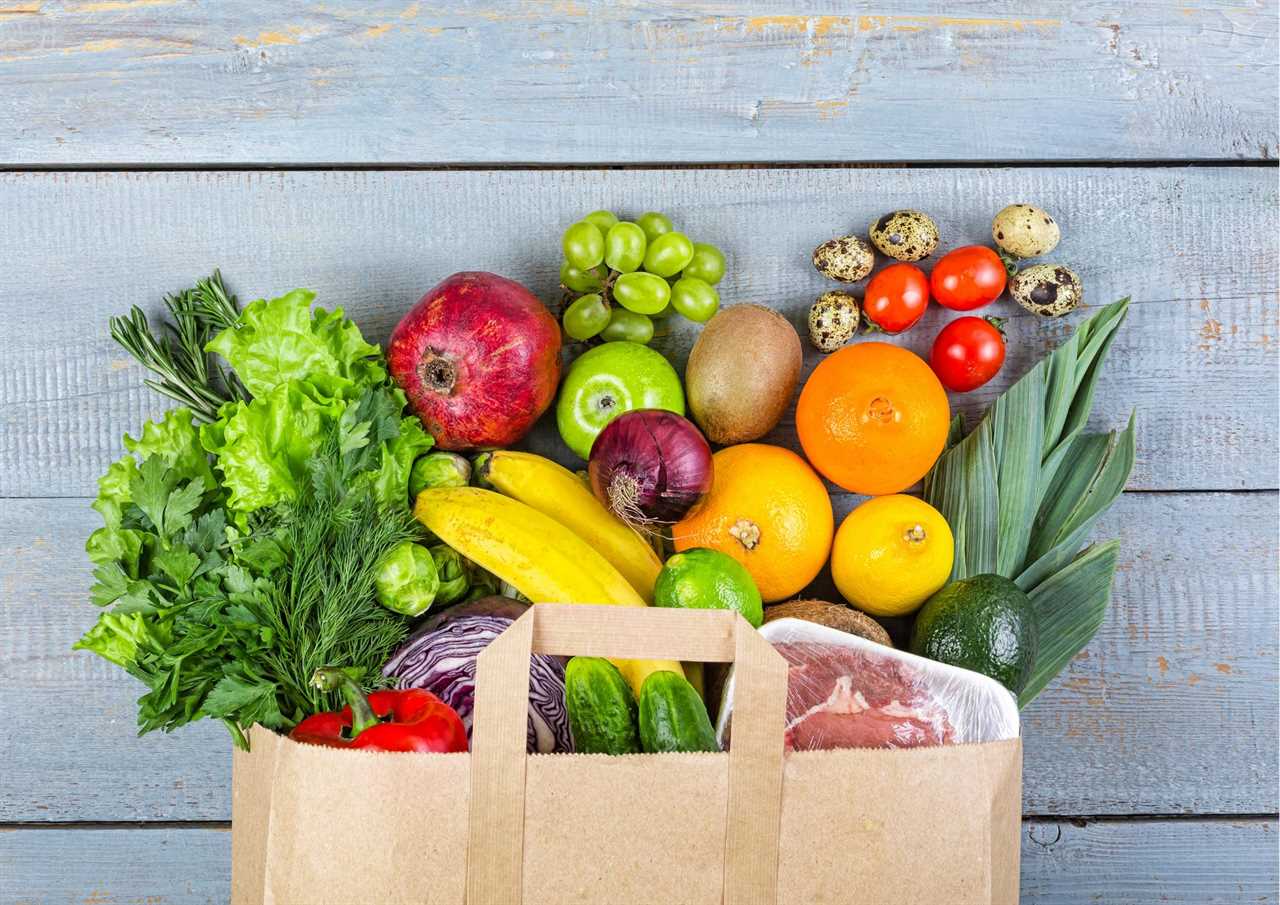 |
Health benefits of eating organic?A review in The Annals of Internal Medicine failed to find strong evidence that organic foods are significantly more nutritious than conventional foods. Lisa |
 |
The Benefits of Crop RotationCrop rotation is a way to grow multiple types of crops in the same space. This is done in an effort to diversify the ecosystem, reduce pest and weed.. |
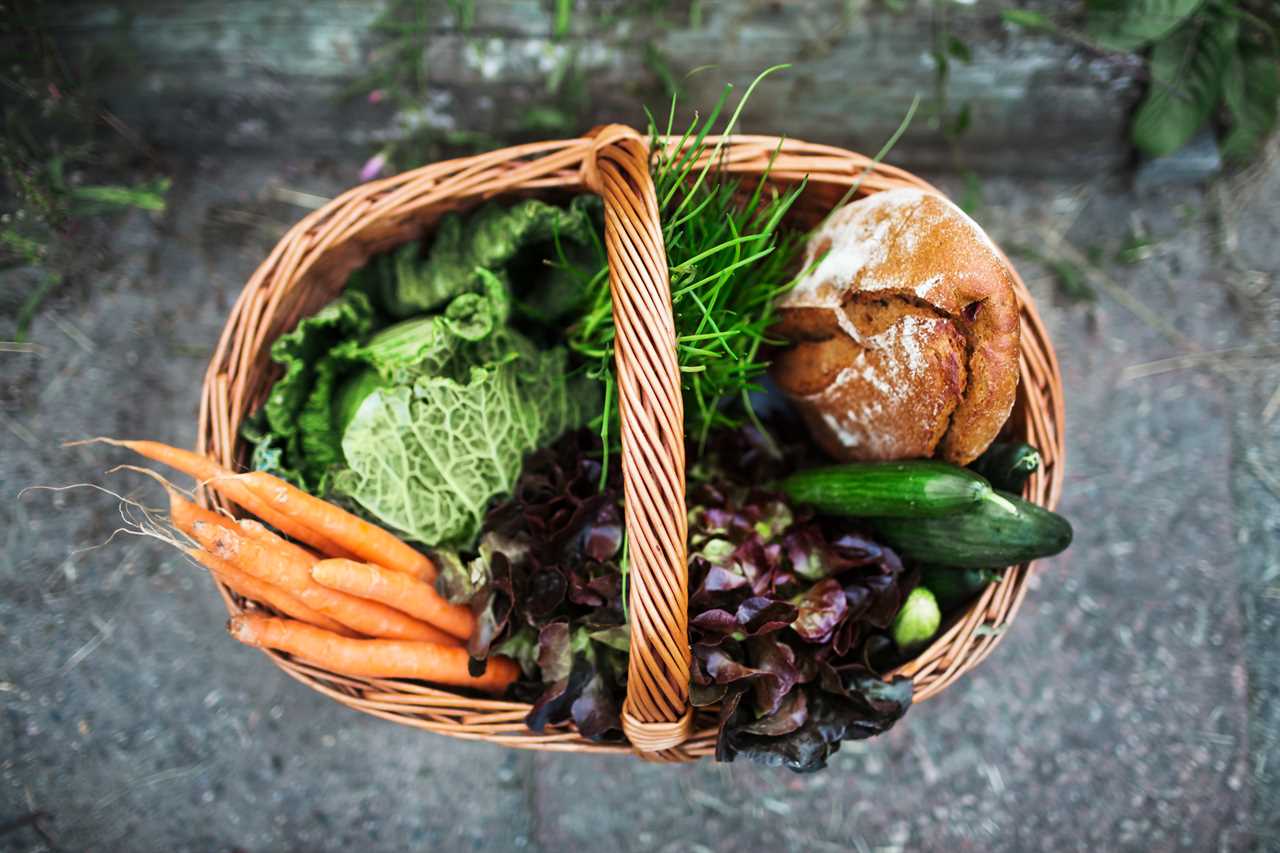 |
Do I Need To Eat 100 % Organic Food? – Dr. BergFor more info on health-related topics, go here: https://bit.ly/2YI8NLc Take Dr. Berg's Free Keto Mini-Course: http://pxlme.me/-i717vtY […] |
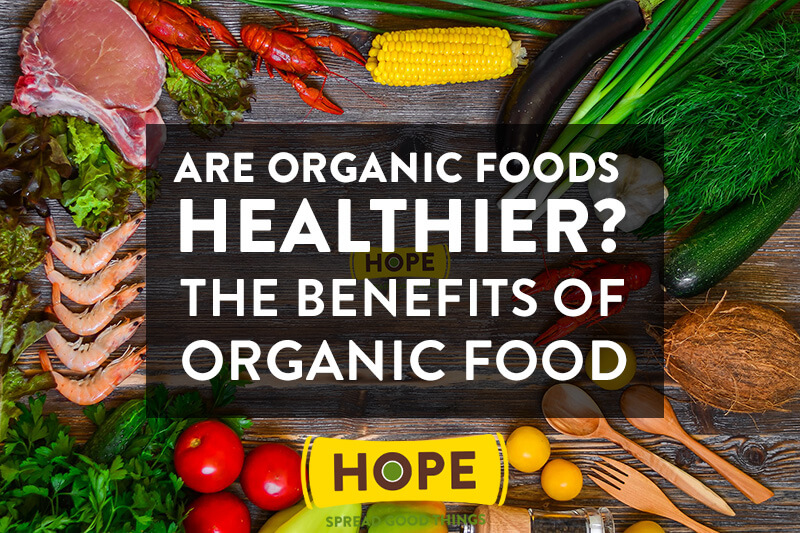 |
The Importance of Soil Conservation in Meeting the Sustainable Development GoalsSoil conservation is important for maintaining the soil's health and resilience. The microbial and faunal communities in the soil are impacted by.. |
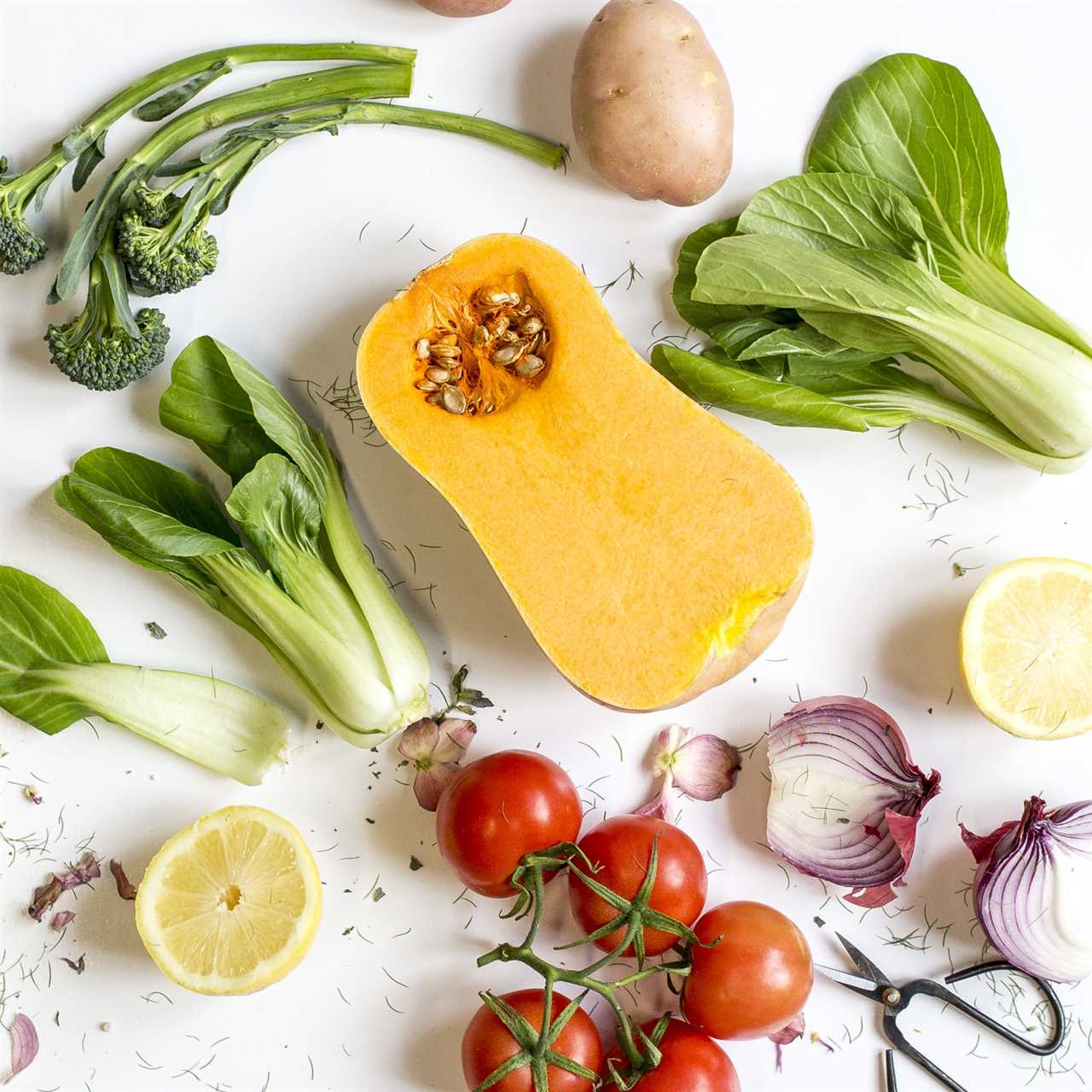 |
Benefits of Organic FarmingOrganic farming is one of the best ways to help protect the environment. It can also provide a number of benefits for your farm, including increased.. |
 |
Is `organic` food actually healthier for you?Dr. Marc talks about organic food. |
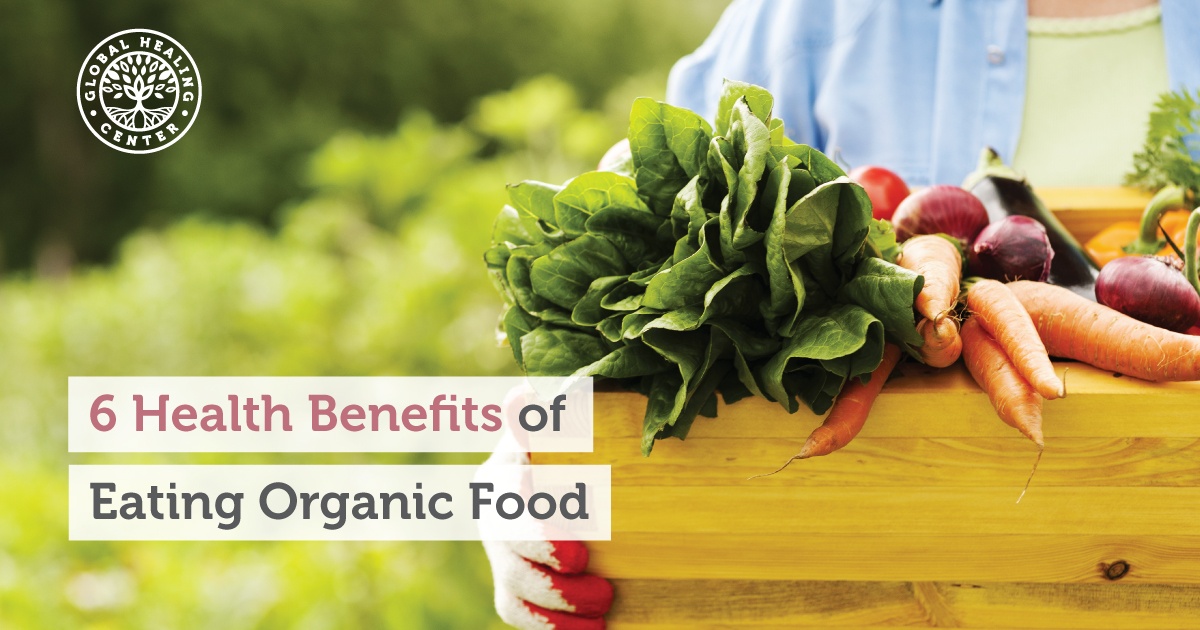 |
Organic Farming MagazineOrganic farming magazine is a resource that provides you with the latest information on organic agriculture, health, and sustainability. It also.. |
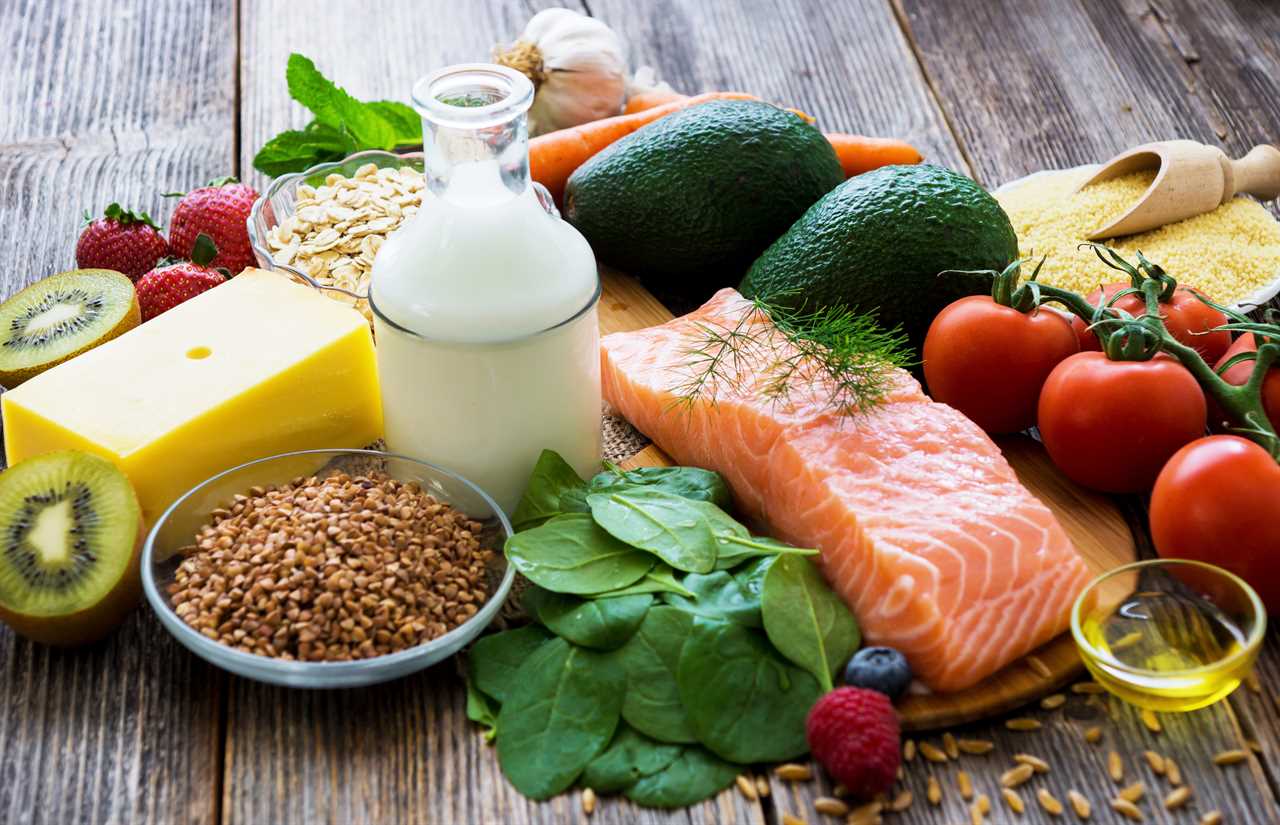 |
Is Organic Food Really Worth It?The organic food industry is a booming business. U.S. organic sales surged in 2020, jumping by 12.4% to $61.9 billion. With consumers being more health |
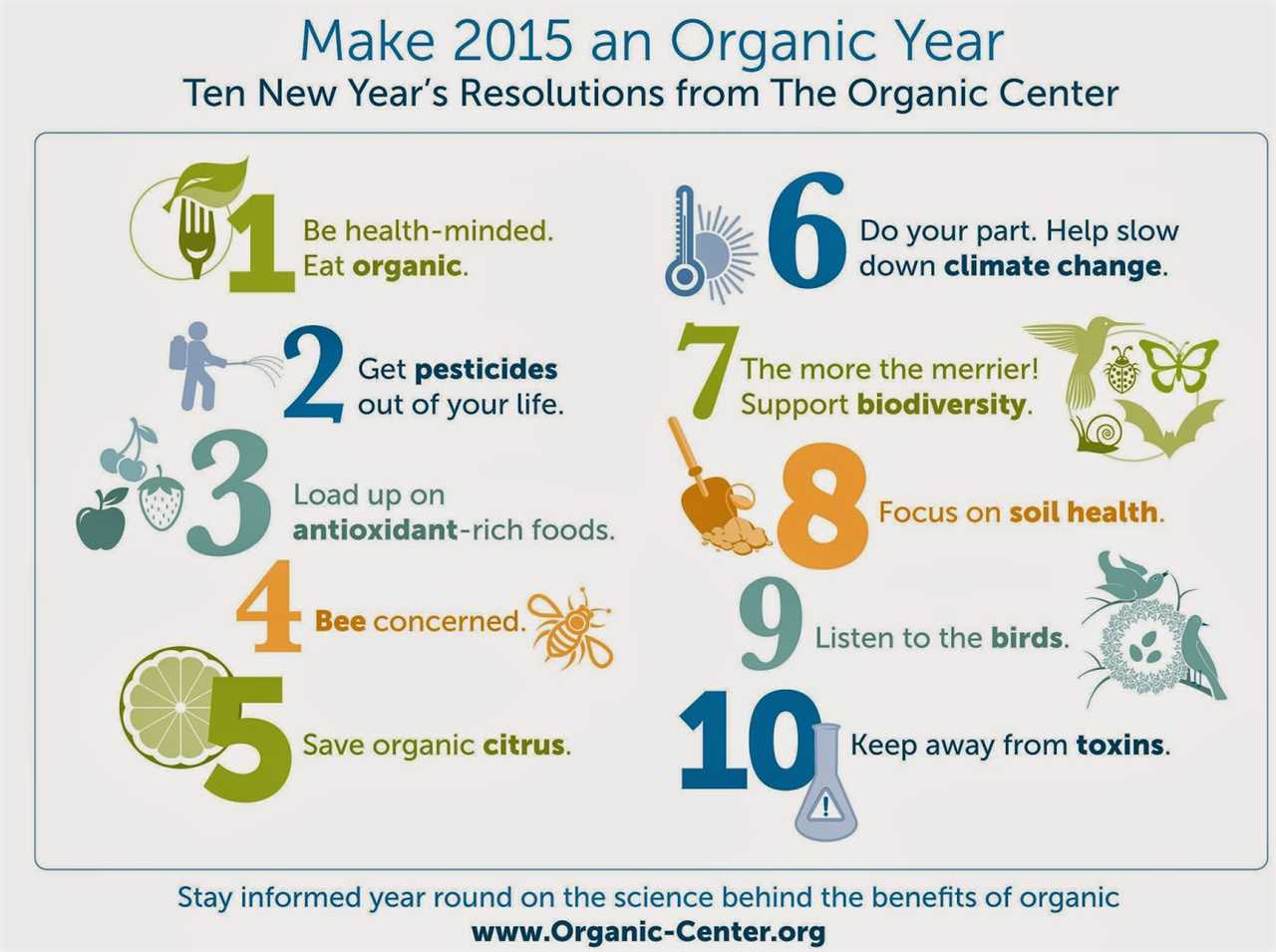 |
The Difference Between Organic Milk and Regular MilkOrganic milk is a type of milk that comes from livestock that is raised according to organic farming methods. This is a term that is regulated by.. |
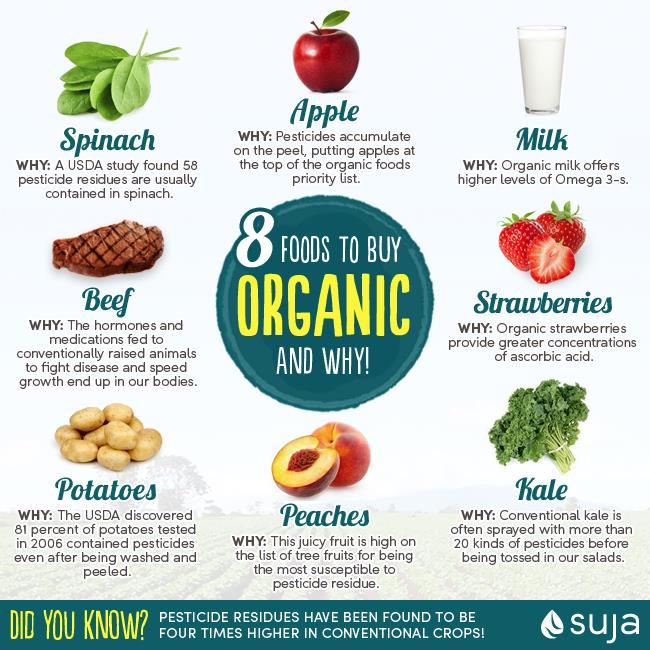 |
The Benefits of CompostingComposting your waste can be a very effective way of ensuring that your organic material is being broken down to the best of its ability. When.. |
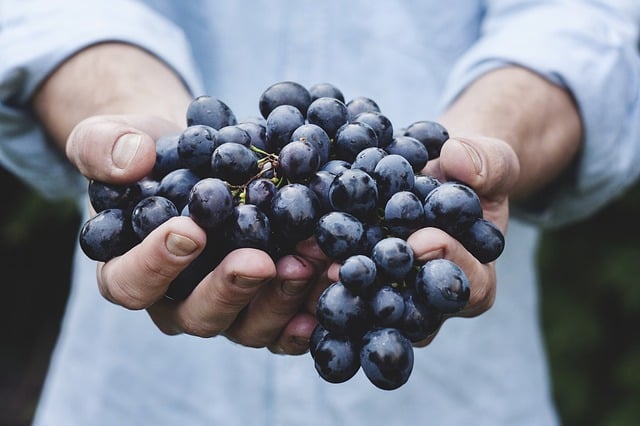 |
Is Organic Farming Beneficial to Biodiversity?Organic farming is a growing interest in the scientific community, and researchers have been investigating whether the practice is beneficial to.. |
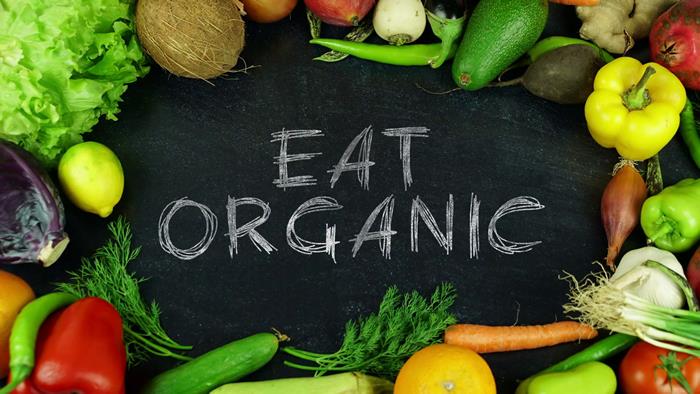 |
Organic eatingOrganic Cultur |
 |
What is Organic Cotton?Organic cotton is the type of cotton that is grown without using pesticides or chemicals. It is also the type of cotton that is grown in subtropical.. |
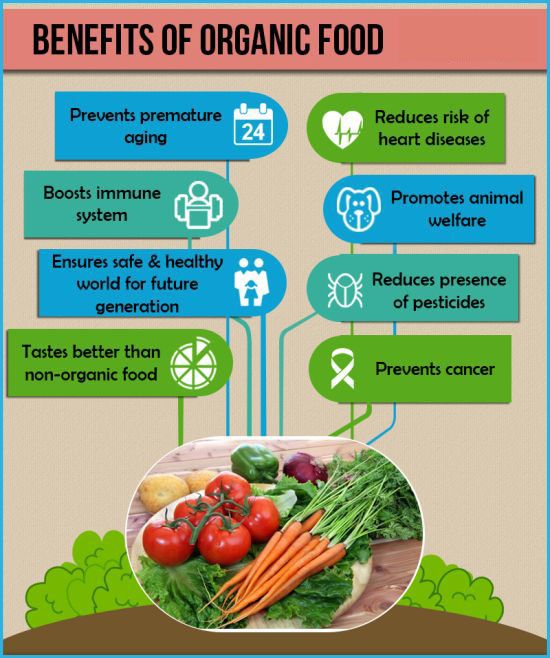 |
Benefits of Cover CropsIf you aren't familiar with cover crops, you may be surprised to learn that they are plants that are planted to grow on top of the soil to help.. |
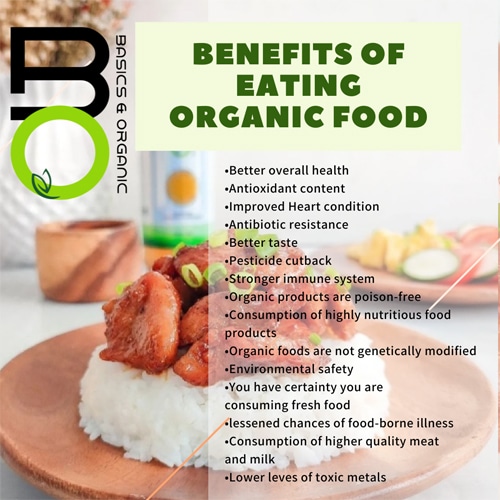 |
Learn How to Become an Organic Farmer Through a Training ProgramIf you are looking to become an organic farmer, there are several ways you can do so. One option is to take a training program that will teach you.. |
 |
Exotic VegetablesWhen it comes to vegetables, there are plenty of choices to choose from. Some of the most popular choices include broccoli, corn, carrots, and.. |
 |
The Benefits and Pitfalls of Organic Farming OrganizationsOrganic farming is an approach to farming that is not only ecologically sound, but also financially feasible. It is a method that is free from.. |
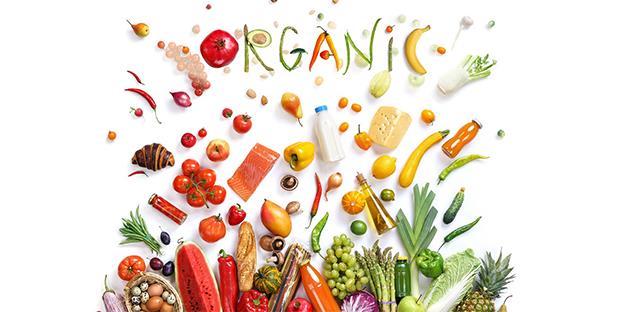 |
Soil Composition and BiodiversityThe soil that we have around us is a vital part of our lives. It is the home for many plants and animals. It also has a texture, a color, and many.. |
 |
Organic Farming PrinciplesOrganic farming is a practice that is designed to be sustainable and healthy. Its principles include avoiding harms produced by industrial farming.. |
 |
When Did Organic Food Start?The answer to the question when did organic food start? will vary depending on the time period in which you are looking at. For instance, it may be a |
 |
Can Organic Be GMO?The question Can organic be GMO is an ongoing debate among many consumers. While it's possible to eat foods that have been produced using genetic.. |
 |
Chhattisgarh's Organic Farming SchoolsThe government of Chhattisgarh has started to introduce organic farming schools. This initiative is intended to provide the young generation with the |
 |
What is a Conventional Farm?Conventional farm is the term used to describe a farm that is not organic. It is a form of agriculture that is associated with better soil quality,.. |
 |
The Rodale InstituteThe Rodale Institute is a nonprofit organization that aims to support research into organic farming. It was founded in 1947 by J. I. Rodale, an.. |
 |
The Latest Research on Organic | The Organic CenterResearched articles about eating Organic food |
 |
Korean GardeningKorean gardening is one of the oldest ways to grow plants. It involves planting herbs, fruits, and vegetables that are used in kimchi, a type of.. |
.png)





